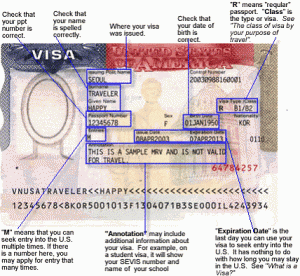Presentations by Jean Mammen, EA
In-Person 2017:
Venue:
October 21 and 22, 2017 NYSSEA Annual Conference, Saratoga Springs, NY, October 21 and 22, 2017
Topics:
FBAR and Form 3520: Foreign Account, Gift and Trust Reporting, 2 CE, October 21, 2017
Curing Delinquent International Information Reporting Returns, 2 CE, October 21, 2017
Form 1040NR, Related Forms, and Treaty Provisions, 3 CE, October 22, 2017
October 26, 2017, MD-DC SEA Holiday Inn, College Park, MD, 10 am.
Topics:
Get Income Taxes Right for Visa Holders: Forms, Treaties, Deductions, 4 CE
Presentation Descriptions:
FBAR and Form 3520: Foreign Account, Gift and Trust Reporting, 2 CE, October 21, 2017
U.S. Persons with interests in foreign accounts or trusts, or who receive distributions from foreign trusts or large gifts from foreign persons may be required to file an international information report. Filers need to understand definitions … Continue reading


